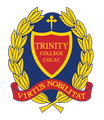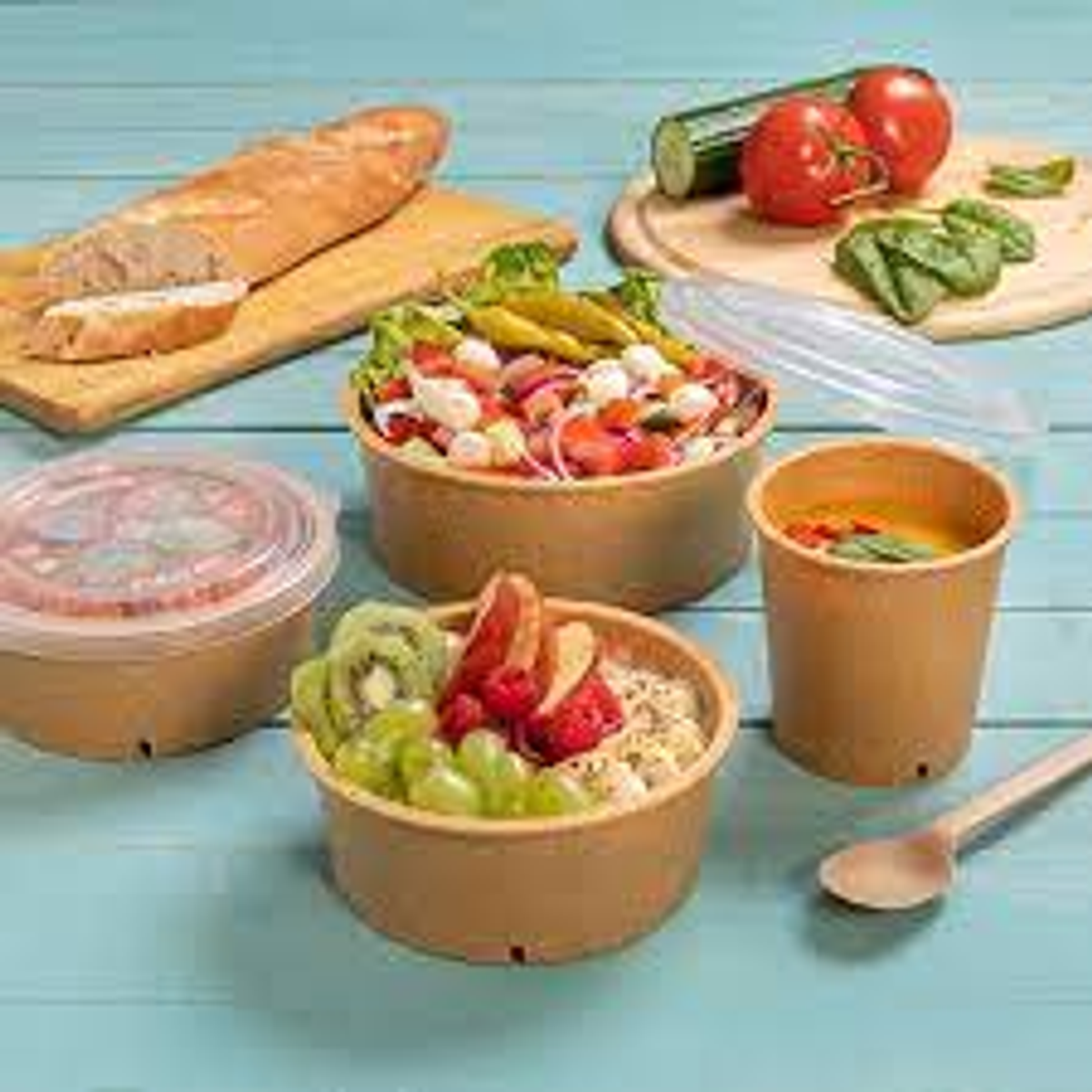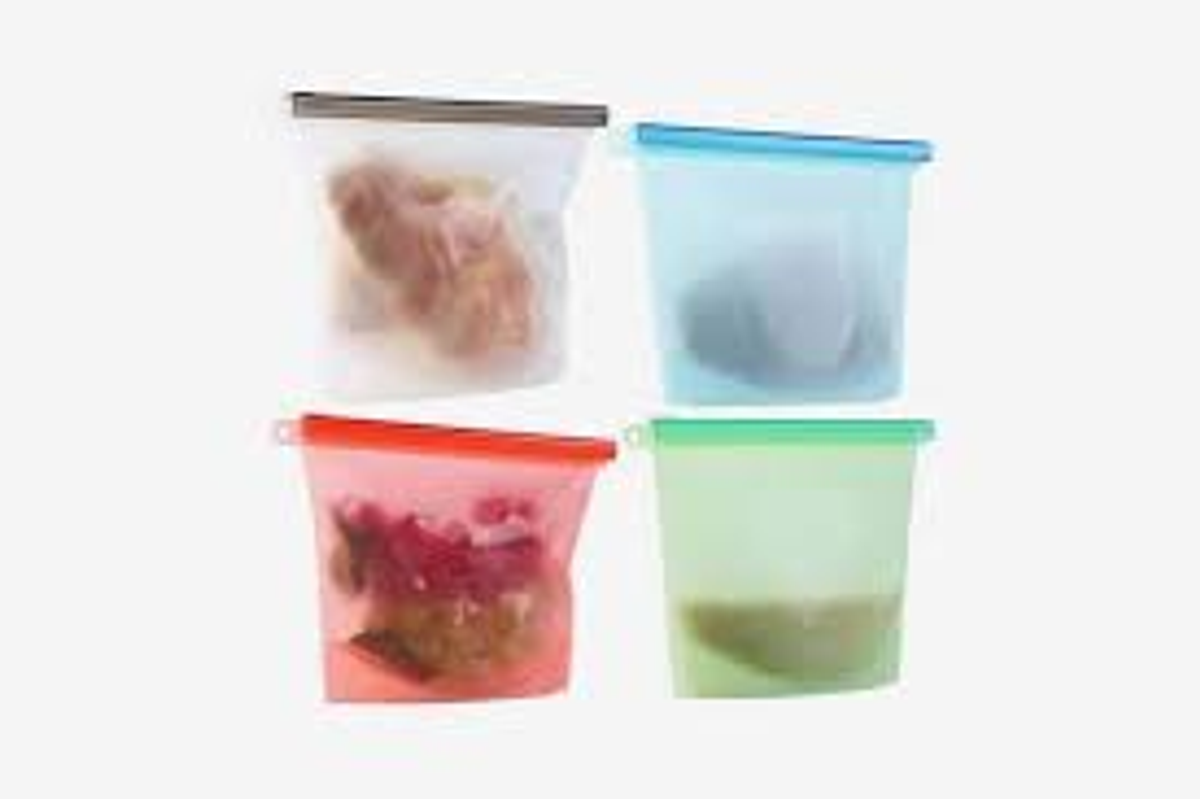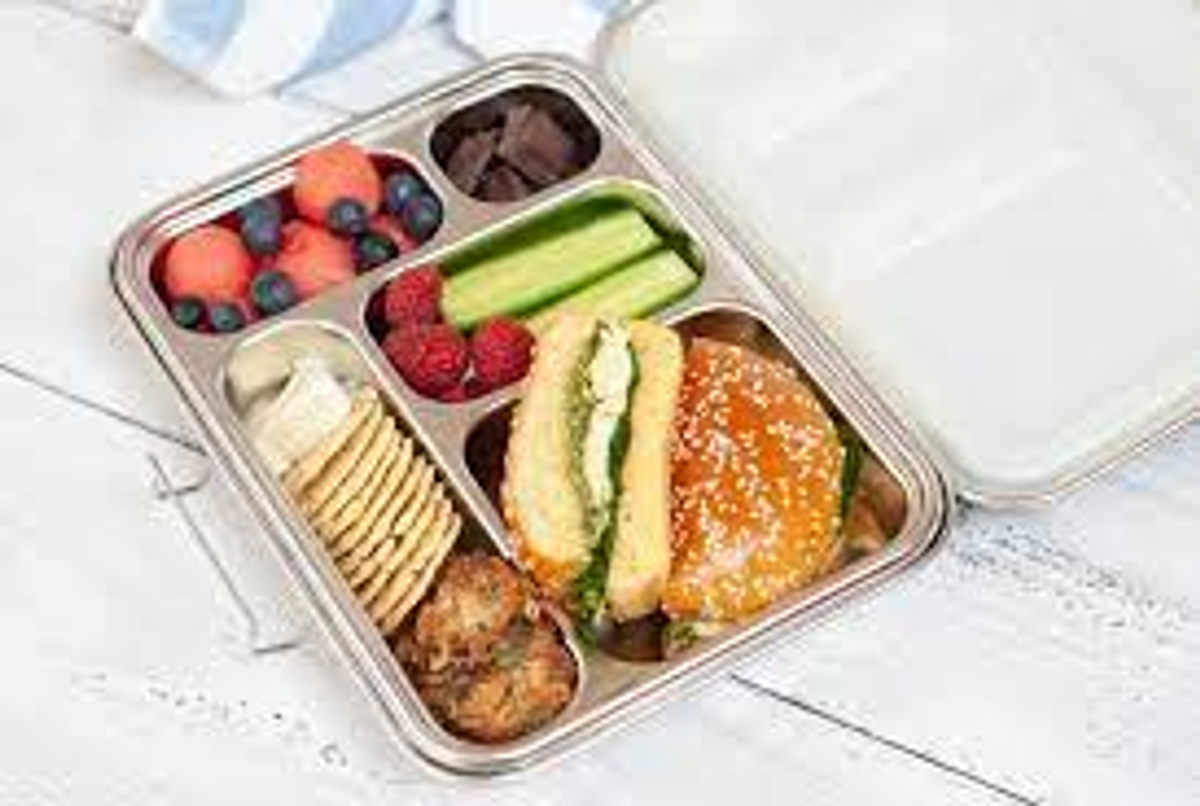Sustainability at Trinity
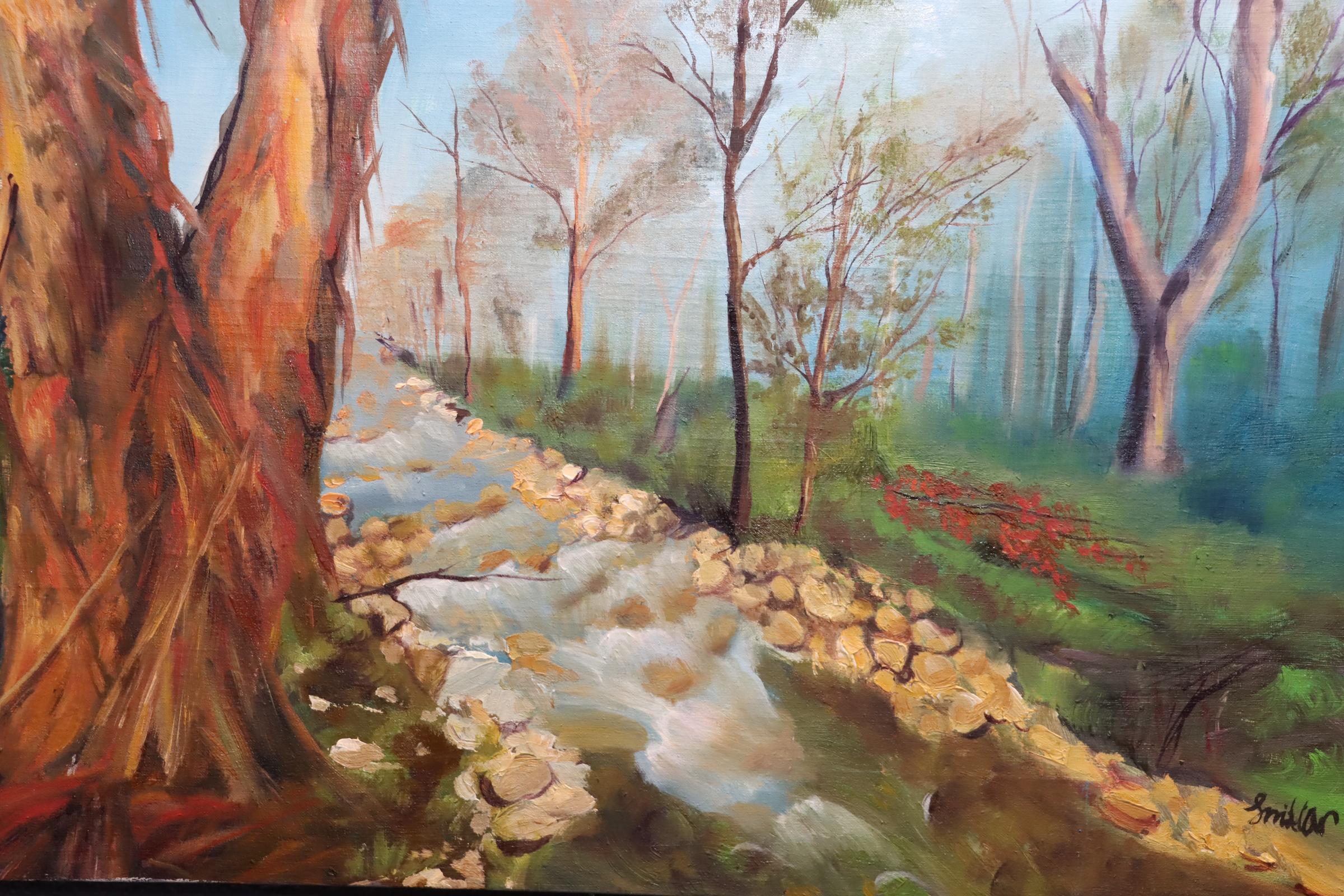
Last week I wrote about our major sustainability aims for 2023; the expansion of our paper and cardboard recycling program and our continuing to grow Nude Food and Litter-Less Lunches.
Our want to see lunchboxes containing less single-use plastic stems foremost from the plethora of environmental benefits that decreased plastic use can provide, but also from our duty to promote and educate of healthy food choices.
But if soft plastics are cheap, widely available and its use has been engrained within our habits for generations, what is the problem with plastic?
There are many angles I could take on this, but from a school setting …. we experience a lot of plastic rubbish littered around our school grounds. If not cleaned up, these plastics eventually travel to our waterways and into our oceans, harming wildlife, wrecking ecosystems, ruining our environment, and ending up within the foods that we humans consume.
Did you know that microplastics are increasingly being found within the human body (1)? If our single-use plastics at school are correctly placed in the bins, these materials head to landfill. Plastic does not decompose, instead it only breaks down into smaller pieces, becoming a constant pollutant to our environment. Soft plastic is not recyclable on a wide-scale basis in Australia.
Did you know that “all plastic that has ever been produced and has ended up in the environment is still present there in one form or another” (2). Therefore, our options for being responsible purchasers and careful stewards of our environment lie with reducing and reusing our plastic consumption and/or seeking sustainable alternatives to soft plastic.
Items made of natural, plant-based materials that are biodegradable or materials with a higher recyclable potential such as glass, aluminum, stainless steel and paper are great alternatives to single-use plastic.
Overall, I want to be able to encourage the philosophy that everyone can make a positive difference, even if an action is small, it is worth it. Something is always better than nothing.
Our Trinity community will get to celebrate this philosophy through our upcoming Nude Food Day for Term 1 (the date of which will be announced in the next school newsletter and via other school communications).
Some interesting reading on plastic: Visual Feature | Beat Plastic Pollution (unep.org)Plastic Pollution Issues | The Problems With Plastic (plasticfreejuly.org)
Referenced information:Microplastics Detected in Human Blood in New Study | Smart News| Smithsonian Magazine Plastic Production and Decomposition - Plastic Soup Foundation
Sarah Glennen
